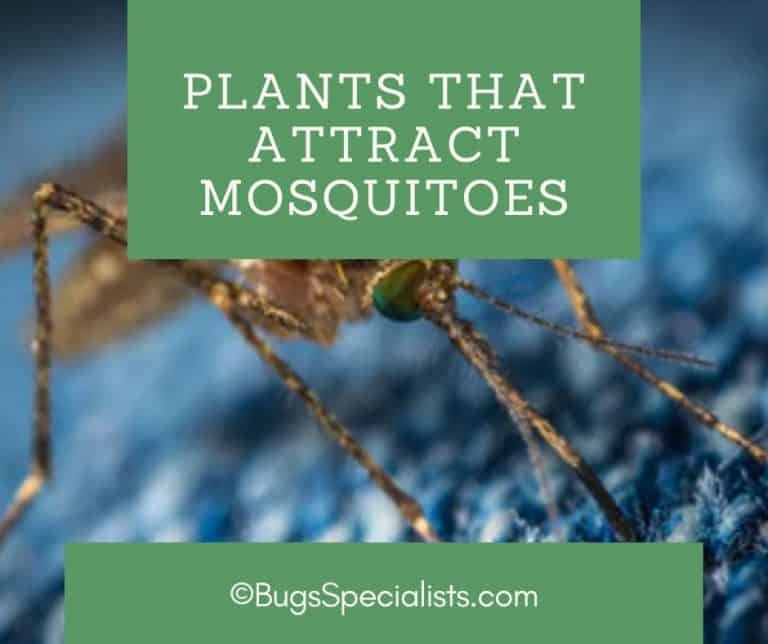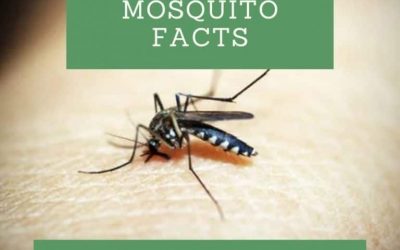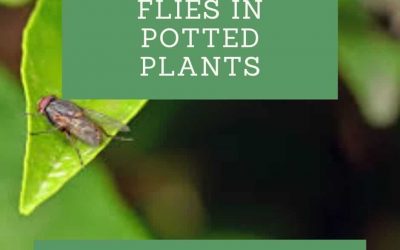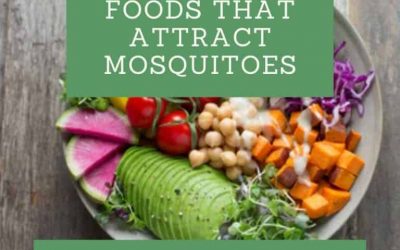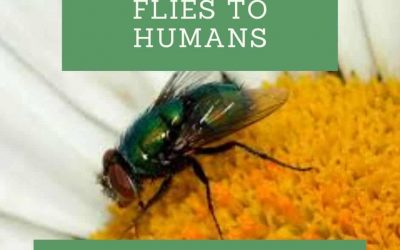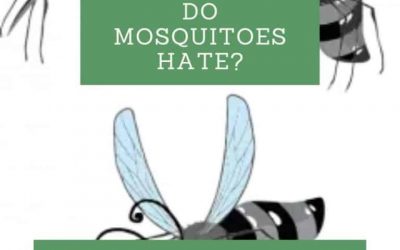Why?
Because if you’ve done everything possible to keep away these bloodsuckers but you still see them around, what then could be wrong?
Chances are they’re attracted to indoor and outdoor plants.
Look at it this way:
Bugs hate scents from some plants as much as they love the aroma from other. Which is to say that if you have insect-friendly plants in and around the house, your surrounding becomes a mosquito magnet.
So what plants do mosquitoes like? Should you get rid of these plants if you have them? If not, what can you do to keep the mosquitos away?
Plants that Attract Mosquitoes
What kind of plants attracts mosquitoes?
Even if you aren’t a fan of gardening, you must have learned that planting and landscaping can create a strong mosquito magnet in and around your home.
So when it comes to choosing the plants to add to your yard, landscape, or indoor space, it’s important to know which ones attract mosquitoes and the ones that easily repel them.
One group of plants that attract mosquitoes is the ones that produce nectar and honeydew. And since different varieties of flowers naturally produce nectar, you can expect to see mosquitoes around them. In addition, flowers that produce nectar also emit carbon dioxide, a chemical compound that also tends to attract mosquitoes.
Mosquitoes also love water plants even more than they love nectary flowers. Because they can’t breed and produce without water, you’ll notice them drawn a lot more to plants such as water lettuce, water lilies, taro, papyrus, and water hyacinths.
Some plants repel mosquitoes, but they may require a lot of watering to do well. If such plants are in your backyard or planted indoors, you’ll more than likely notice mosquitoes around them. And the reason is simple. There’ll be some amount of standing water around these plants, creating a breeding ground for these bloodsuckers.
Aren’t nutrients from honeydew and nectar plants enough for mosquitoes?
First off, mosquitoes have a very strong sense of smell, which they use to hunt for their daily meals. This sense enables them to not only identify their host and find food, but also identify the best spot to lay eggs.
Male and female mosquitoes feed on honeydew and nectar plants to get the nutrients they need for daily survival. While these plants are ideal source of sugar that these annoying insects need to function and survive, they don’t have the protein nutrients that female mosquitoes need to lay eggs.
Female mosquitoes will therefore bite mammals, including humans, to get sufficient supply of protein to lay eggs and breed.
What to do if you have flowers indoors and outdoors
Warm summer months will come and go and mosquitoes will be present menace to deal with, especially if your environment is favorable for them to thrive.
But does that mean you should destroy the flower plants that attract mosquitoes? Well, not exactly. There a few measures you can take to mosquito proof your surroundings while keeping the beautiful flowers intact.
Add some mosquito repellent plants around the flowers
Adding plants that repel bugs around flowers can go a long way to keep mosquitoes away. These plants are significant because they produce fragrances that are pleasant to humans but irritating to insects, which is why they’re effective at sending mosquitoes away.
Examples of plants that you can add around your flowers include lavender, catnip, rosemary, marigolds, and scented geranium just to mention but a few.
The advantage of adding these plants around your flowers is that they’re organic. So instead of dousing your garden in chemical bug sprays, add these plants around the flowers and they’ll keep mosquitoes away naturally.
Spray Organic Insecticides on the Flowers
Many bug repellents contain toxic chemicals that not only kill insects but can also destroy your flower garden. Fortunately, there are organic insecticides that you can apply to the flowers to keep the annoying mosquitoes away without running the growth of the flowers.
Consider using neem oil spray, a natural bug repellent that keeps away different types of insects including mosquitoes.
Made from the dried leaves of chrysanthemum flowers, the pyrethrum powder can also be an effective natural remedy to apply to flowers. Mix the powder with water and dish soap to make a spray and then apply to the flowers to make them mosquito proof.
Garlic can detract bugs on the spot and it’s therefore a good solution to keep bugs away from flowers planted indoors. It’s also easy to use as a bug repellent; simply stick a clove to the soil in the pot and leave it to do the rest of the work.
What to do if you have important water plants
If you have water plants around flowers, you’ll need to take the necessary measures to makes sure the plants aren’t a breeding ground for mosquitoes.
You can:
- Use bacterial insecticides to kill mosquito larvae.
- Trim and/or thin the plants to clear out the water
- Remove algae from the water plants as mosquitoes love to feed on them
Also, it’s important to make sure the plants have access to sufficient lighting. This not only gets them their daily nutrients but also keep mosquitoes, as these bugs don’t love light.
Related reading Attract Mosquitoes
FAQ
Do pine trees attract mosquitoes?
Does money plant attract mosquitoes?
Is the nectar in all plants?
Related reading Research

